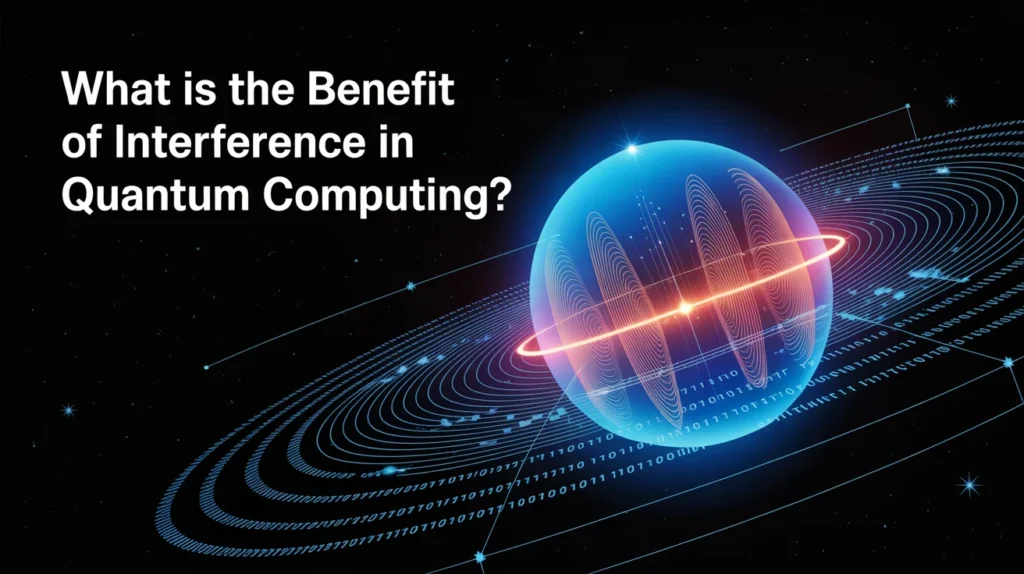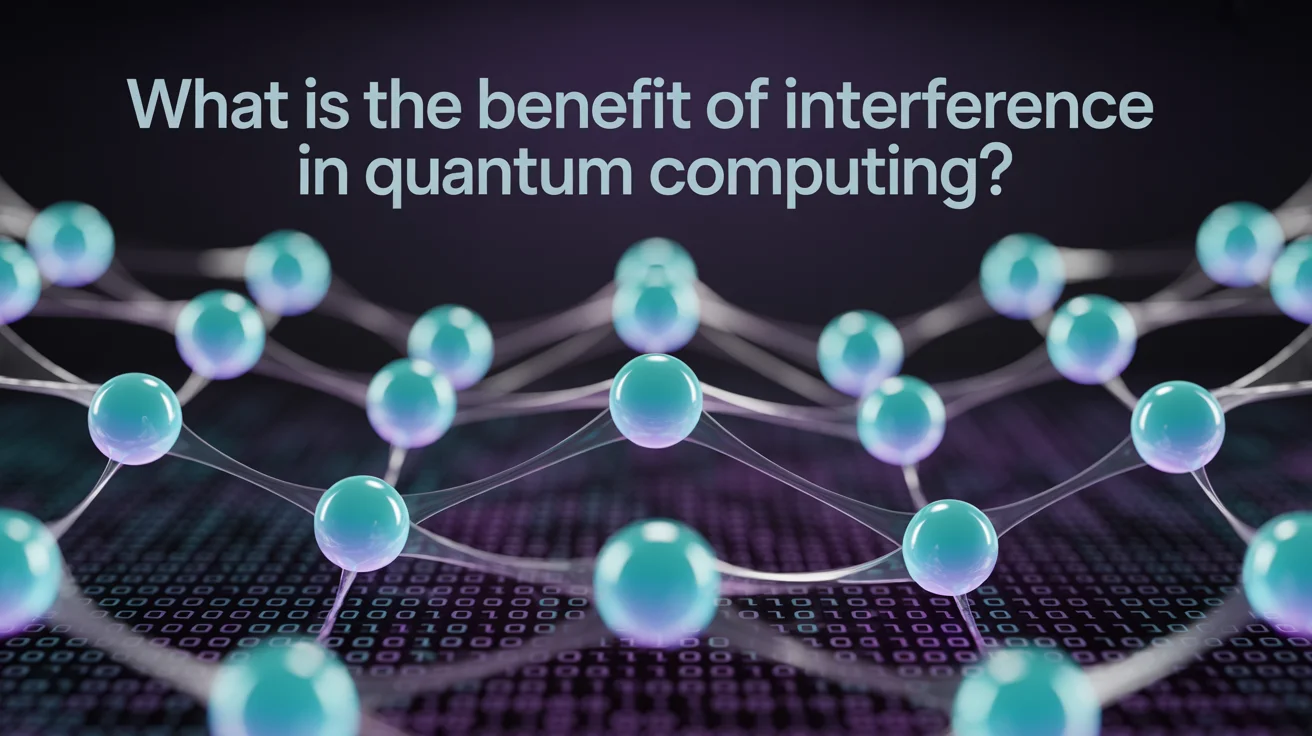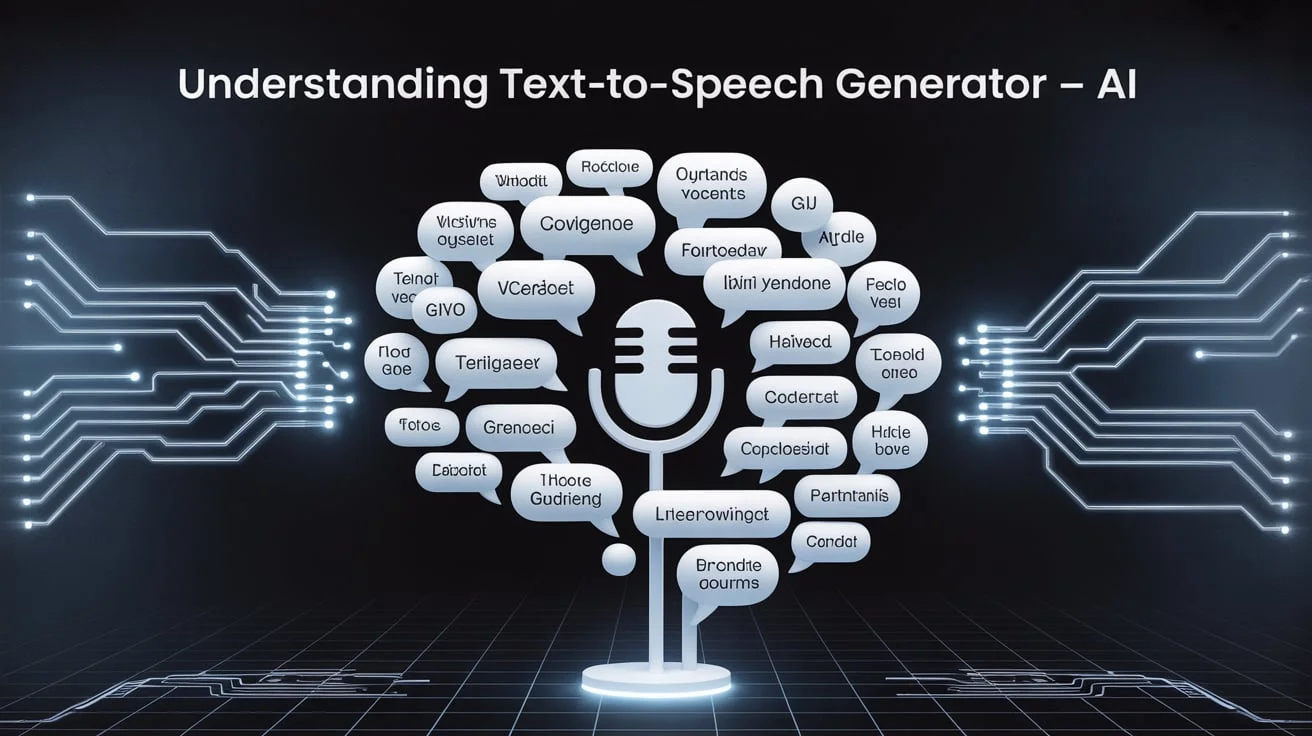Quantum computing is revolutionizing how we approach complex problems. Unlike classical systems, quantum computers use quantum bits, or qubits, that follow the laws of quantum mechanics. One of the most important quantum principles involved is interference.
If you’re wonderingWhat is the Benefit of Interference in Quantum Computing?, the short answer is that it helps amplify correct outcomes and cancel out incorrect ones, making quantum algorithms faster and more efficient.
How Interference Works in Quantum Systems
Interference in quantum computing is similar to how waves interact. When two waves meet, they either strengthen or cancel each other. The same thing happens in quantum states.
Quantum interference allows a quantum computer to enhance certain possibilities while suppressing others. This improves the chances of getting the correct answer when the qubit system is measured.
Relationship Between Superposition and Interference
Superposition lets qubits exist in multiple states at once. However, these numerous paths alone aren’t helpful unless interference is used to sort the outcomes.
Interference helps quantum computers eliminate the wrong answers and highlight the correct ones. This partnership between superposition and interference unlocks quantum speed.
Real-World Impact of Quantum Interference
Quantum interference is not just theoretical; it plays a major role in real-world problem-solving. It enables quantum computers to handle problems that traditional machines can’t efficiently solve.
Key Applications of Quantum Interference
- Drug Discovery: Speeds up molecular simulations to identify potential drugs quickly.
- Weather Forecasting: Helps model complex systems and predict weather more accurately.
- Finance: Enhances data analysis for better investment strategies.
- AI and Machine Learning: Boosts pattern recognition and classification tasks.
- Cybersecurity: Strengthens cryptographic systems using quantum-resistant protocols.
Speeding Up Quantum Algorithms
Quantum interference is a major reason why certain quantum algorithms outperform classical ones. For example, Grover’s and Shor’s algorithms use interference to focus on the correct answer.
Constructive interference enhances the right paths, while destructive interference cancels the wrong ones. This shortens the time needed to process data and reach solutions.
Real Use Case: Quantum Search Optimization
In classical computing, searching through data is time-consuming. Quantum computing offers a faster approach using interference.
Benefits of Quantum Search Interference
- Faster Search Operations
- Lower Time Complexity (√n instead of n)
- Improved Accuracy in Query Matching
- Enhanced Speed in Sorting and Filtering
Lower Error Rates Using Interference

Quantum systems are highly sensitive to external disturbances. However, interference, combined with quantum error correction techniques, helps reduce these errors.
When a quantum computer runs a calculation, interference ensures that incorrect states cancel. This helps deliver more accurate and stable outputs.
Quantum Parallelism Gets a Boost
Quantum parallelism allows multiple operations to happen at once. Still, it’s interference that filters the noise from this parallel process.
Without interference, all answers would have equal probability. Correct answers are amplified with interference, leading to useful results in fewer steps.
Critical Advantages of Interference in Quantum Systems
Quantum interference isn’t just a helpful feature it is essential for many of the breakthroughs quantum computers offer. Let’s explore some core benefits in detail.
Major Benefits of Quantum Interference
- High-Speed Processing: Quantum interference cuts down computation time dramatically.
- Focused Output: Helps zero in on the right answer by eliminating noise.
- Efficient Algorithm Performance: Supports better efficiency in key quantum algorithms.
- Reduced Energy Use: Requires fewer resources to solve complex problems.
Real-Time Simulations and Complex Modelling
In physics and engineering, simulations are crucial for testing and prediction. Quantum interference ensures that only high-probability states are simulated in real-time systems.
This enables quantum machines to accurately model chemical reactions, subatomic behaviour, or even cosmic events. As a result, scientists can make discoveries faster than ever.
Strengthening Communication Protocols
Quantum communication systems use interference to build secure networks. This technique ensures that any attempt to intercept or modify data can be detected instantly.
Key Roles in Communication Security
- Quantum Key Distribution (QKD)
- Detection of Eavesdropping Attempts
- Data Integrity and Privacy
- Improved Secure Transfers for Government and Finance
Growing Potential in Research and Industry
Interference is central to ongoing innovations like climate modelling, advanced materials, and medical diagnostics. As quantum computers scale up, interference will make more sophisticated simulations possible.
Researchers are also exploring how interference could help create new forms of energy or model quantum gravity. These breakthroughs could change everything from power grids to space exploration.
Obstacles and Challenges to Manage
Despite its benefits, interference isn’t easy to control. The quantum environment is fragile, and even small disturbances can disrupt the interference pattern.
Quantum error correction and better hardware designs are helping overcome these limitations. Future systems will likely feature advanced control over interference to reach even higher reliability.
Conclusion:
So, what is interference’s benefit of interference in quantum computing? The most important one is that it helps extract meaningful results from the vast possibilities that quantum superposition creates.
Interference enhances correct answers and eliminates wrong ones, allowing quantum computers to solve problems faster, smarter, and more accurately.
Whether speeding up algorithms, boosting data security, or modeling complex systems, interference is the backbone of quantum efficiency.
As technology matures, its role will grow stronger, reshaping industries and research worldwide.
Frequently Asked Questions:
Q1. What is the benefit of interference in quantum computing?
It amplifies the correct outputs while cancelling the incorrect ones, making problem-solving faster and more efficient.
Q2. Is interference used in all quantum algorithms?
Not all, but key algorithms like Grover’s and Shor’s heavily rely on it for optimization.
Q3. Can interference help reduce quantum computing errors?
Yes, especially with error correction, it helps filter out wrong results and improve accuracy.
Q4. Is interference helpful in real-world applications?
Absolutely. It’s already used in drug discovery, cryptography, and AI training.
Q5. How does interference compare to classical computing techniques?
Classical computing lacks the probabilistic wave-like nature of interference, making it less efficient for certain tasks.




